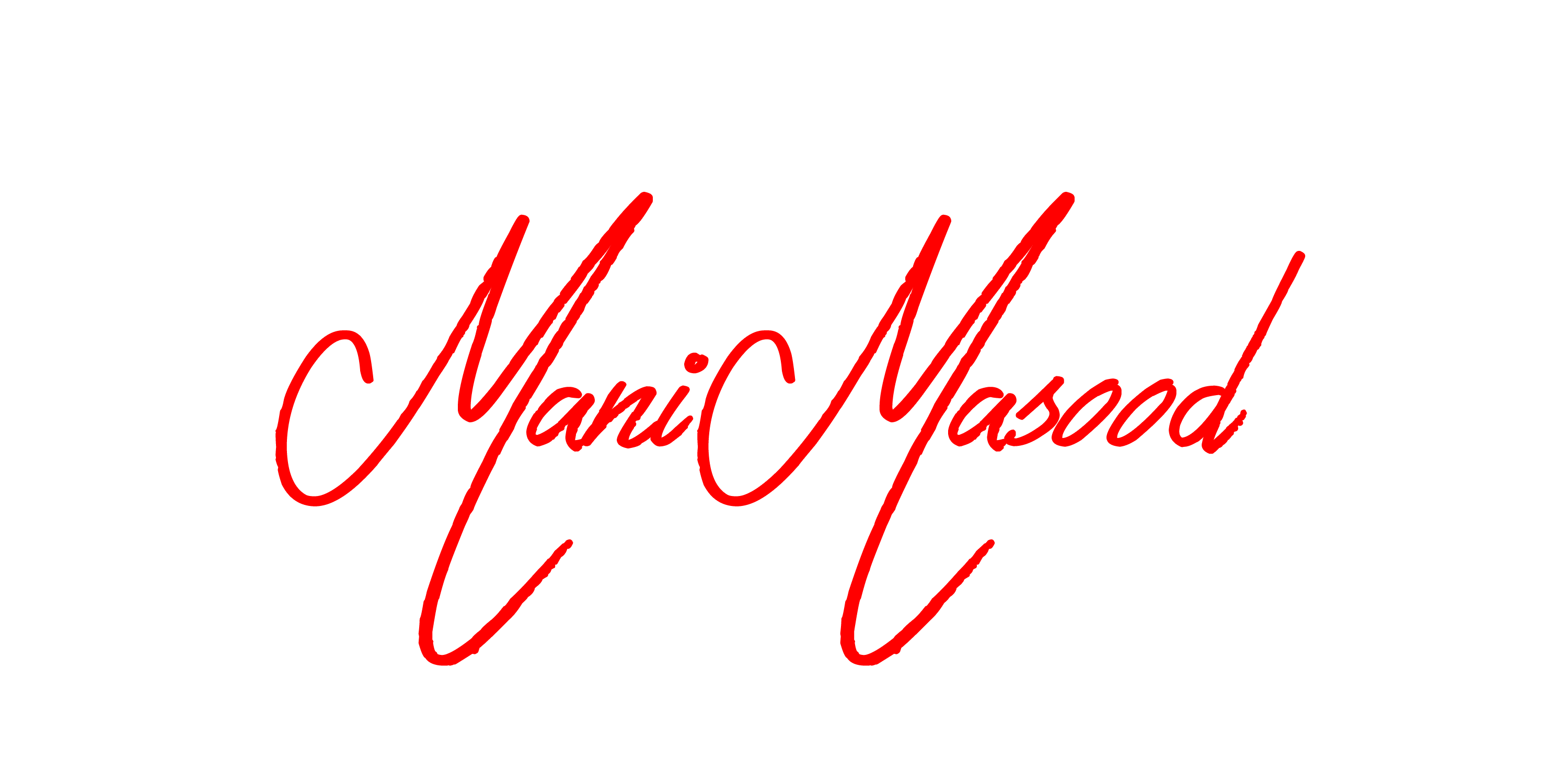Bacteria in the nose that fights disease should not be surprising. We have bacteria in the mouth and in the gut just doing that every day. None the less disease fighting bacteria in the nose has peaked scientists curiosity and created controversy as well.
When you think about it; physics, chemistry, mathematics, astronomy, none of these things would be studied today if someone hadn’t found them curious at some point in history. Curiosity leads to discovery and we are all discoverers from the day we are born.
Having said that, innovation and creativity has reached new speeds, making it difficult to keep track and follow, everyday there is something new being reported by the media.
This is not necessarily a bad thing, especially when Science and Innovation is the driving force behind our economy. You need to be creative if you want the economy to grow and progress.
Lately News from Science Magazine published an article titled These bacteria have adapted to life in your nose—and that may be good detailing how a new, nose-specific strain of the beneficial bacteria Lactobacillus uses hairlike fibers called fimbriae (arrows) to cling to the nose’s surface.
Like a sprawling urban city, certain neighborhoods of the human body support different communities of microbes. And many of these are good guys; the microbes in our gut help us digest food, for example, whereas those on our tongue and skin can guard against invading pathogens. Now, researchers have found beneficial bacteria in our nose as well. This “nasal microbiome” may guard against chronic sinus inflammation or even allergies.
The study is “an important gateway” to recognizing bacteria’s protective qualities in a new part of the body, says Maria Marco, a microbiologist at the University of California, Davis, who was not involved with the work. “There’s been some work done in the past, but this is the first study that goes in depth.”
To conduct the study, researchers co-led by Sarah Lebeer, a microbiologist at the University of Antwerp, went sleuthing for bacteria in the noses of 100 healthy people. Then, the scientists compared the microbes they found with those from hundreds of patients with chronic nasal and sinus inflammation.
Of the 30 most common types of microbes the team discovered, one group stood out: antimicrobial and anti-inflammatory bacteria called Lactobacillus. These were up to 10 times more abundant in the noses of healthy people, the researchers publish today in Cell Reports.
Lactobacilli usually thrive in oxygen-poor areas, so Lebeer was surprised to see them in an organ flush with fresh air. But a closer look revealed that the particular strain her team found in human noses has special genes called catalases that safely neutralize oxygen—a rarity among other lactobacilli. “They seem to have adapted to that environment,” Lebeer says.
Under a microscope, the researchers could also see tiny, hair-like appendages called fimbriae that anchor the bacteria to the nose’s inner surface. Lebeer thinks the microbes may also use the hairs to bind to receptors on skin cells inside the nose, prompting the cells to close like a trap door. With fewer cells open, allergens and harmful bacteria have a harder time getting inside them.
But on its own, the presence of Lactobacillus in healthy people is not enough to say it guards against disease, Lebeer admits. Whether the microbes are protective is also difficult to test in animal models such as mice, which have very different noses.
And some experts aren’t convinced that the lactobacilli the team found are uniquely adapted to the human nose.

There is a lot of exciting stuff going on in science, technology and the stars above us that make Science and Technology so much fun. The truth is the universe is a constantly changing, moving, some would say “living” thing because you just never know what you are going to see on any given day.
The more technology stories like these are reported, it will fuel the innovation of the next generation.
I try to post stories like on my website, one for referencing back when you are writing something, and two to share with everyone.
If you like this story you should check out some of the other stories in the Space
To check the original story Click here





